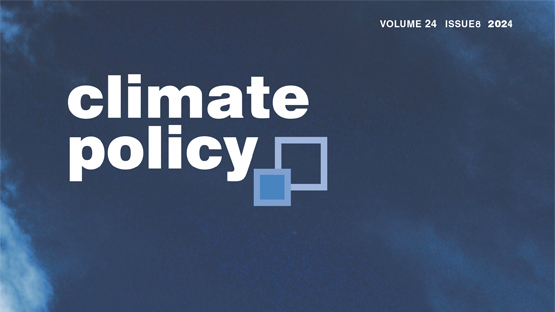This paper analyses the role that AFOLU (agriculture, forest and other land use) plays in national deep decarbonization scenarios in Brazil, India and Indonesia between 2020 and 2050. It finds that the LULUCF (land use, land use change and forestry) subsector is important for medium-term mitigation (2020–2030) while continuing to contribute to mitigation over the long-term (2030–2050) in the three countries. Mitigation actions in LULUCF include drastically reducing deforestation (Brazil, Indonesia) and peat degradation (Indonesia), re-/afforestation (all), increased sequestration in standing forests (Brazil, Indonesia) and increasing soil carbon in agricultural lands (India). AFOLU further contributes to mitigation in Brazil and Indonesia by producing biomass feedstock for bioenergy. No country significantly reduces N2O and CH4 emissions from either agriculture or via demand-side actions on diets, due to trade-offs with food security, rural livelihoods and economic growth (although all countries reduce the GHG intensity of agricultural products). Furthermore, the paper analyses national policies to manoeuvre co-benefits and trade-offs between mitigation and other sustainable development goals (SDGs), including no poverty (1); zero hunger (2); decent work and economic growth (8); climate action, including both adaptation and mitigation (13); and life on land (15). Common policy areas were identified, including incentives to land managers for conservation or more environmental agricultural practices; changing regulations of land use to protect ecosystems and/or encourage shifts in agricultural practices; and strengthening enforcement capacity of land protection.
